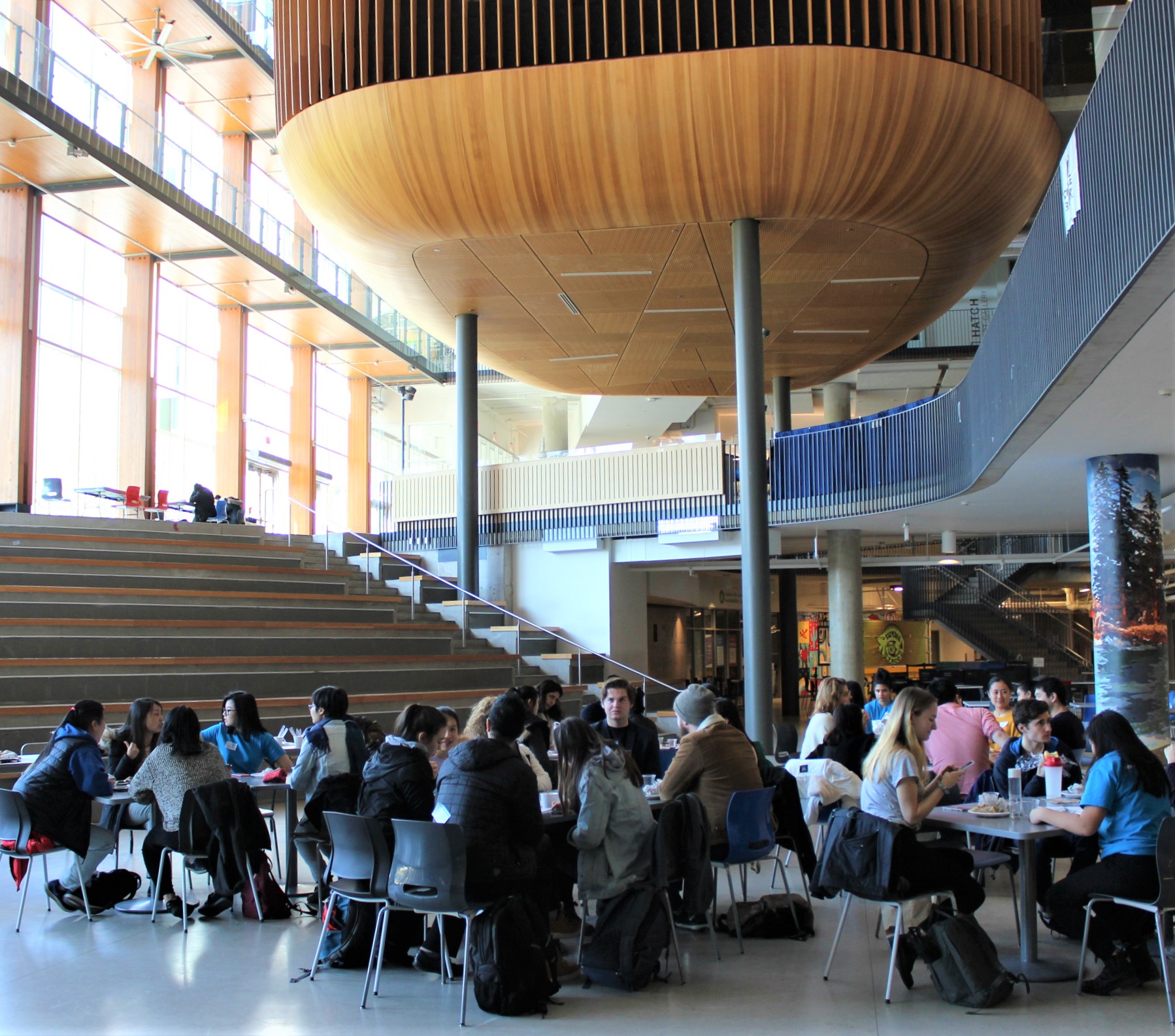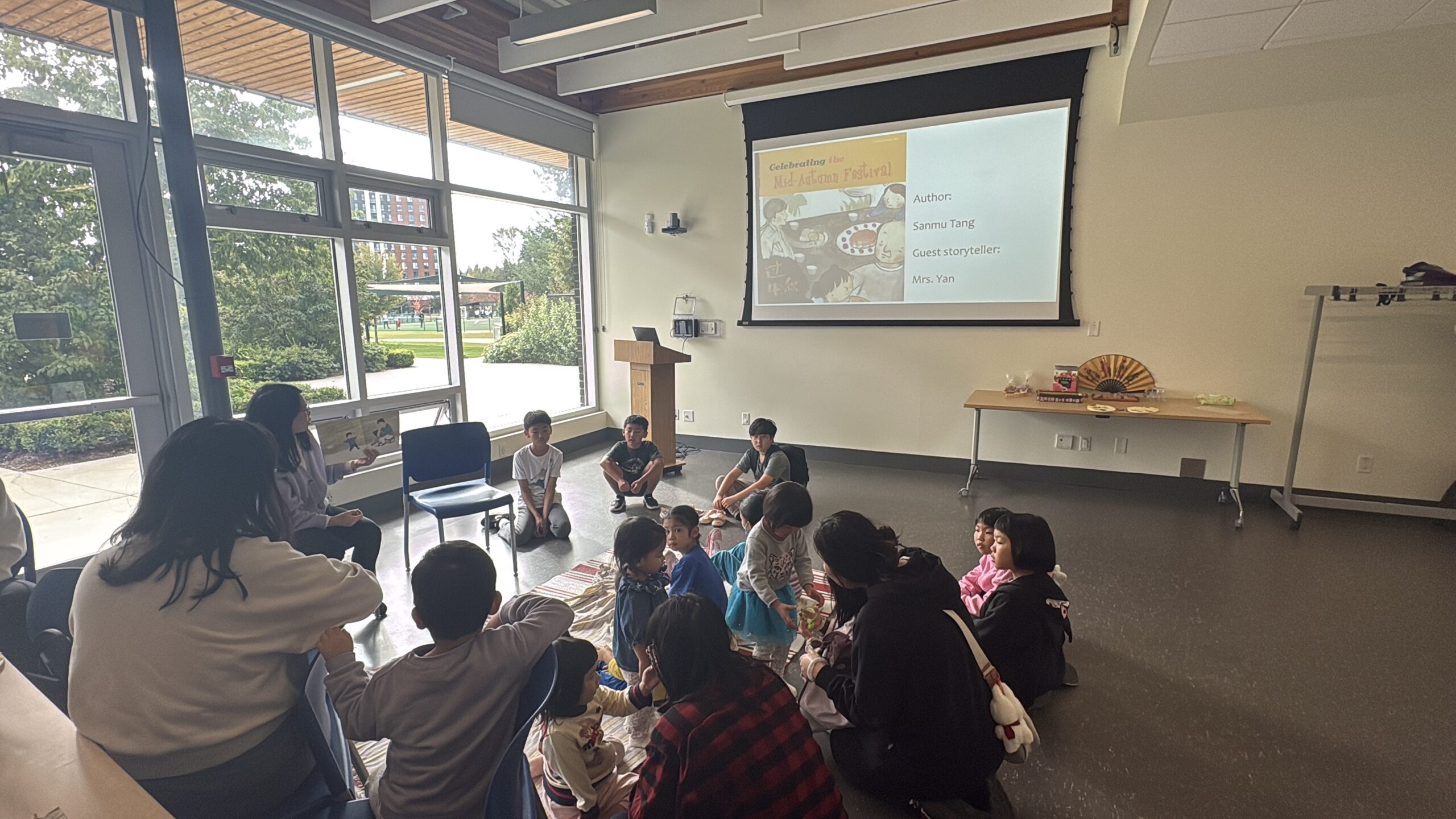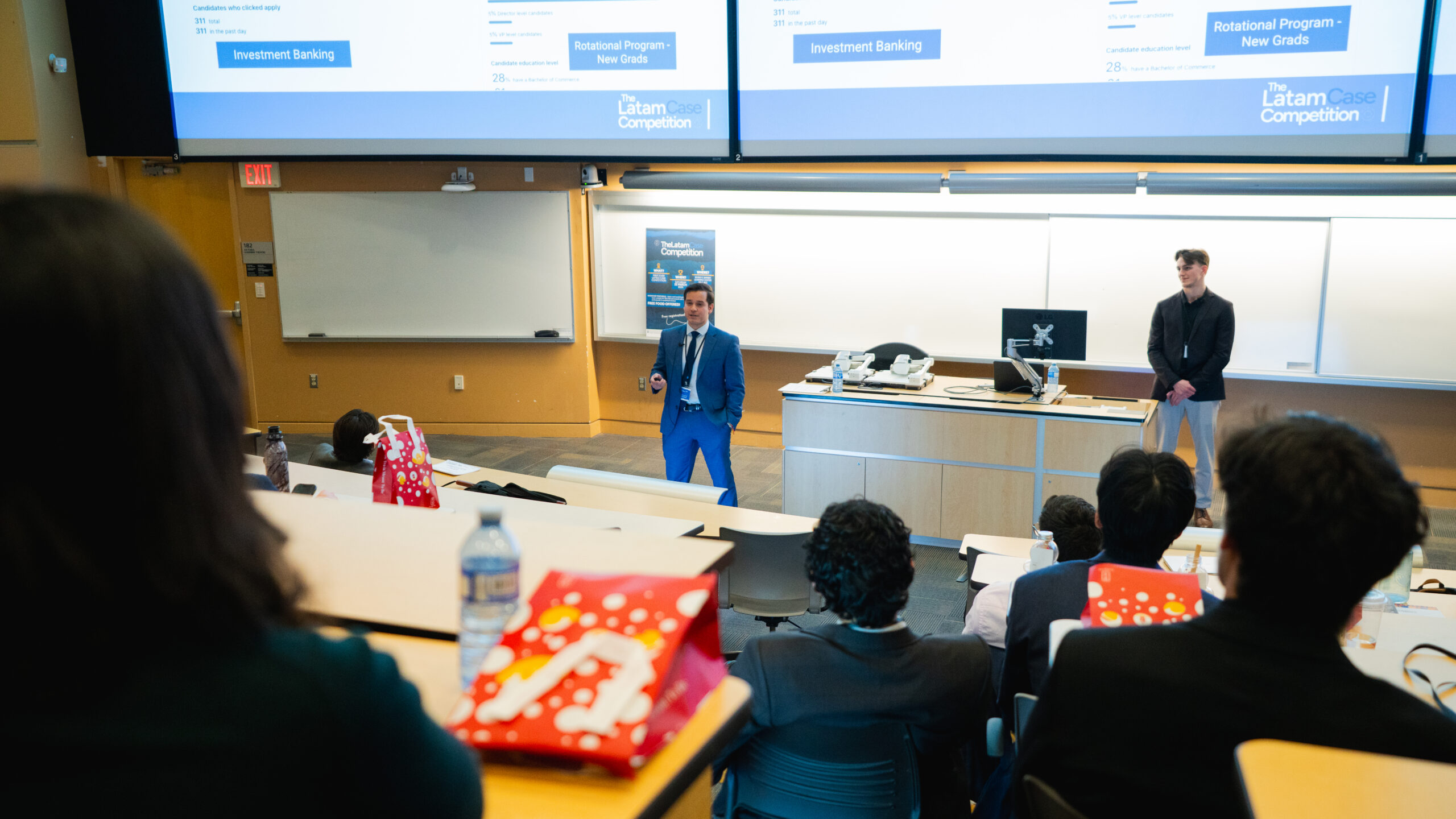On March 10th, 2019, members of the community came together at UBC Vancouver in British Columbia for the 2019 Mental Health Symposium. We spent the day learning from our allies and from each other, building up our skills and making plans to elevate our impact throughout UBC and the other communities that we each belong to.
We learned about the gaps in mental health resources and services – and how we can improve the quality of, and access to, these services. We talked about mental health advocacy and what it can look like and we set goals to target how we can change the mental health landscape in our community.
We heard from some great keynote speakers who shared their stories and provided knowledge around mental health. Representatives of Jack.org educated us about the basics of mental health and how to identify signs of mental health struggle, setting a solid foundation of knowledge for the rest of the day. Later, Dr. Steven Barnes shared his lived experiences with Bipolar Disorder Type I and the methods he used to manage his mental health and build resilience during his keynote presentation.
We also had the opportunity to learn and acquire new skills from various leaders and mental health advocates representing a variety of resources available on campus during more targeted workshops. Jack.org hosted a workshop to provide tips and offer guidance on how to be as supportive as possible to people who are struggling with their mental health. Wellness Peer Educators from the Wellness Centre held two workshops focused on how to navigate the culture of busyness and how to live well to lead well in order to educate and bring awareness to the impact of always being involved on one’s mental health, and the importance of mental health awareness amongst student leaders in particular. The AMS Sexual Assault Support Centre (SASC) also hosted two workshops, one of which was focused on educating and helping students know how to support survivors of sexual assault. The second workshop was held by SASC’s Healthier Masculinities program, and focused on the concept of traditional masculinity and its relation to mental health. Lastly, Speakeasy hosted a workshop centered the importance of setting boundaries to maintain healthy relationships, and the impact of unhealthy relationships on our mental health.
This event brought together members of the UBC community who shared a similar interest in improving the mental health literacy at UBC and becoming advocates for their own communities. By providing an accessible event in which people with a common interest and passion could come together, we were able to engage in discussion, explore topics surrounding mental health, and inspire participants to further the conversation around mental health in their own neighbourhood and communities.
Creating a project can be a daunting task at first. My advice to project leaders who are looking to create an impact in their community would be to dig deep to find something that they have a passion for, and then start looking at how this passion is represented in their community. For myself, this was mental health. Once you can identify how your passion is represented in your community, you can begin to identify the areas that could be improved and begin thinking about a project that could help. I would then recommend reaching out to various resources/groups that are focused on your passion, to find like-minded individuals and to share your experiences and ideas. After you have developed an idea and inspired others to also enact change, applying for grants can help alleviate the financial strains of starting a new project.
The 2019 Mental Health Symposium would not be possible without the generous financial contributions from the Utown@UBC Community Grant Program and from Jack.org. We are very fortunate to have programs and organizations available that support students and, in particular, our vision of mental health advocacy at UBC.
Share post:


